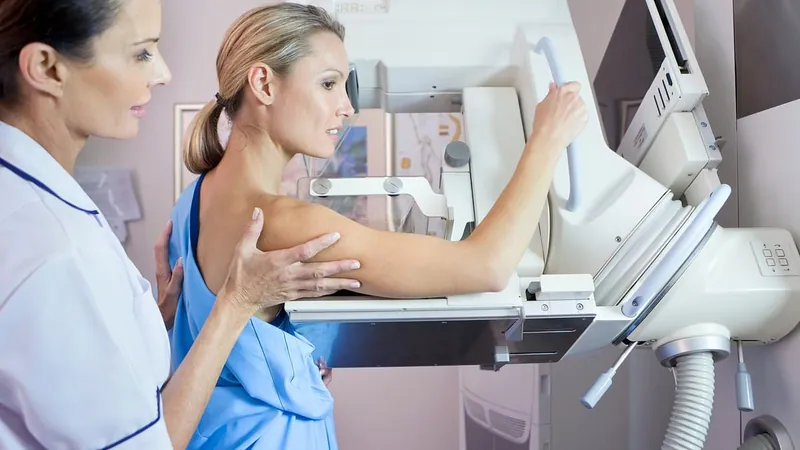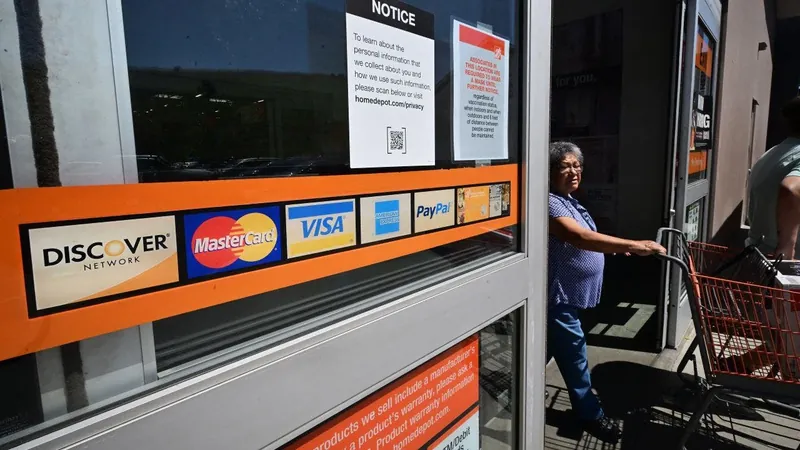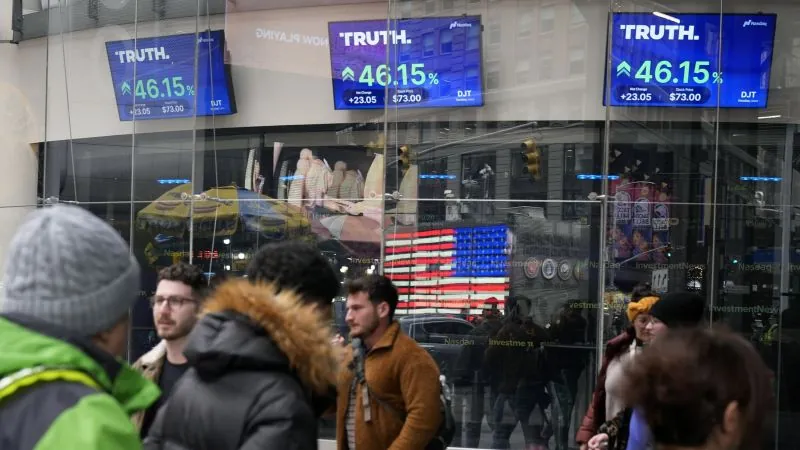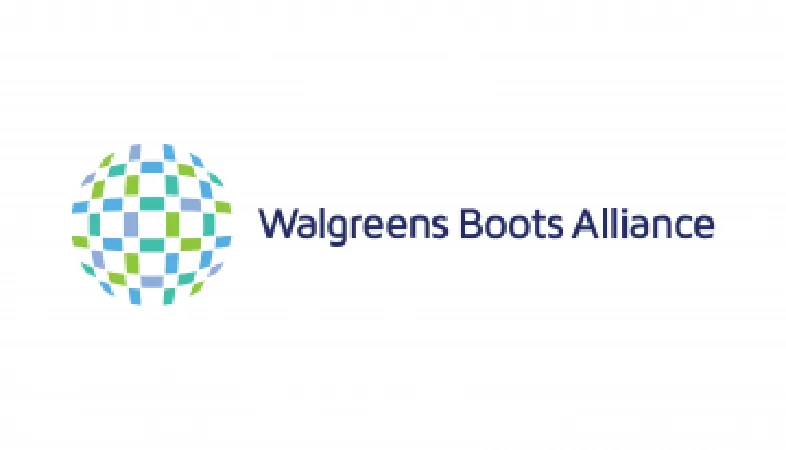
Alarming Surge: 130,000 Americans Living with Undetected Advanced Cancer – A Silent Crisis!
2024-10-14
Author: Wai
Introduction
The United States is facing a potential health crisis as nearly 130,000 cases of late-stage cancer went undetected during the COVID-19 pandemic. This staggering statistic has raised red flags among healthcare professionals who warn that these undiagnosed cases represent a "ticking time bomb" for the nation.
Research Findings
Research led by Dr. Uriel Kim from Case Western Reserve University reveals that the disruptions caused by the pandemic resulted in a significant decline—nearly 9 percent—of expected cancer diagnoses between 2020 and 2021. Dr. Kim emphasizes that without improvements in cancer detection rates, we could be facing an avalanche of patients with advanced disease in the coming years.
Impact on Healthcare Systems
The impact of the pandemic on healthcare systems was profound. As lockdown measures were implemented and resources were diverted to combat COVID-19, many cancer screening facilities were forced to close, and others experienced severe staffing shortages. The National Cancer Institute reported an alarming deficit of approximately 9.4 million essential screenings during this period.
Patient Behavior
A substantial number of individuals consciously opted out of attending their medical appointments due to fears of COVID-19 exposure. A 2021 survey identified that 57 percent of people refrained from in-person medical visits, further contributing to the backlog of undiagnosed conditions.
Consequences of Missed Diagnoses
Julianne Cooley, a senior statistician from UC Davis, highlighted the grave consequences of these missed diagnoses. Patients with cancer who delayed care are now at increased risk of receiving a diagnosis at a later, more dangerous stage, leading to poorer prognoses.
Study Analysis
In their consequential study published in the Journal of the American Medical Association Network Open, Dr. Kim's team analyzed over 15 million invasive cancer cases from 2000 to 2021. Their analysis revealed a sharp decline in cancer diagnoses, especially for significant cancer types such as lung, prostate, and skin cancers, which saw up to a 50 percent drop in diagnosis rates during certain months of 2020.
Rebound in 2021
However, 2021 experienced a rebound, with cancer diagnoses returning to close to expected numbers, suggesting some recovery. This resurgence was attributed to renewed efforts from major medical organizations like the American College of Surgeons and the American Cancer Society. These organizations launched initiatives to support local cancer clinics in enhancing their screening programs, allowing more patients to access vital screenings.
Importance of Early Detection
Catching cancer early is crucial, as it significantly impacts treatment outcomes. Undetected cancer can infiltrate other parts of the body and complicate treatment with traditional therapies. The National Cancer Institute warns that by the time noticeable symptoms appear, the cancer may have progressed, diminishing the chances of successful intervention.
Awareness Campaigns
Recent social media campaigns have emerged as young survivors share their experiences of late-stage diagnoses in a bid to highlight the importance of regular medical check-ups. Kelsey Riddle and Bella Johnston, both in their 20s and 30s, have shown how easy it is for serious conditions to be dismissed, stressing the need for vigilance in monitoring health symptoms.
Call to Action
Healthcare experts urge individuals to keep up with regular screenings tailored to age, gender, and family medical history. For instance, men should begin screening for prostate cancer at age 50, particularly if they have a family history of early-onset colon cancer.
Conclusion
As the medical community grapples with the long-term effects of the pandemic, the call for increased vigilance and proactive health management has never been more urgent. With time running out for many undiagnosed patients, awareness and action are essential in combating this silent crisis.




 Brasil (PT)
Brasil (PT)
 Canada (EN)
Canada (EN)
 Chile (ES)
Chile (ES)
 España (ES)
España (ES)
 France (FR)
France (FR)
 Hong Kong (EN)
Hong Kong (EN)
 Italia (IT)
Italia (IT)
 日本 (JA)
日本 (JA)
 Magyarország (HU)
Magyarország (HU)
 Norge (NO)
Norge (NO)
 Polska (PL)
Polska (PL)
 Schweiz (DE)
Schweiz (DE)
 Singapore (EN)
Singapore (EN)
 Sverige (SV)
Sverige (SV)
 Suomi (FI)
Suomi (FI)
 Türkiye (TR)
Türkiye (TR)